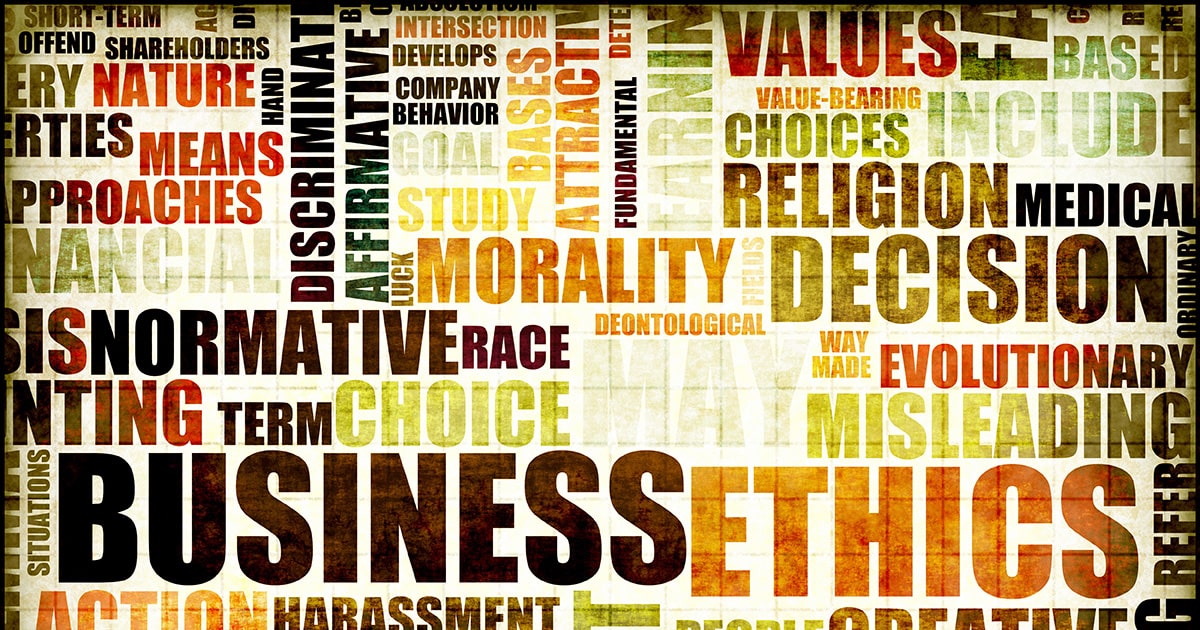Will conflicts of interest undermine Single Disciplinary Body?

The key Australian Public Services integrity agency, the Integrity Commissioner, has pointed up possible flaws in the regime surrounding the Single Disciplinary Body (SDB), particularly involving possible conflicts of interest among industry experts selected to sit on SDB panels.
The Integrity Commissioner has suggested that self-reporting conflicts of interest may not be enough.
The Australian Commission for Law Enforcement Integrity (ACLEI) has made a submission to the Senate Economics Legislation Committee pointing out that while employees of the Australian Securities and Investments Commission (ASIC) are covered by the integrity rules, industry experts and participants appointed to the Financial Service and Credit Panels (FSCPs) will not be.
What is more, the Integrity Commissioner has suggested that simply declaring potential conflicts of interest may not be enough, meaning the system “relies entirely on self-disclosure by panel members”.
In doing so, the Acting Integrity Commissioner, Penny McKay has suggested that some key legislative amendments may be necessary.
“The draft Explanatory Memorandum and the Bill recognise that the primary corruption risk for FSCPs under the proposed arrangement is likely to be conflicts of interest. This may be particularly the case for the industry representatives appointed to the FSCPs,” the Integrity Commissioner’s submission said.
“ACLEI considers this a significant risk to the integrity of the proposed arrangement for FSCPs as the single disciplinary body for financial advisers,” it said.
“The robustness of any conflict of interest declaration framework hinges on the ability of officers to recognise and report instances giving rise to potential or actual conflicts of interest,” the submission said.
“High risk areas can include:
- the personal/private nexus
- relationships and associations (including professional relationships and associations)
- people attempting to self-manage risk, and
- ineffective notification, recording and training processes.
“Conflicts of interest may also occur where the parties to a relationship find their loyalty to one another is inconsistent with the integrity expectations of their agency,” the submission said. “For example. In cases where one of the parties to the relationship engages in misconduct and the other party decides not to report it.”












“ASIC decided in 2017 that it would be taking no further action against Cbus” As per usual ASIC never does…
Corrupt Canberra needs to be exposed. Useless ASIC needs to be held accountable
S62 of the SIS act is the Sole purpose test for SMSF’s. Sole and primary purpose of retirement benefits. Union…
Sounds like something that ABC’s Four Corners program should be told about…..
FAAA, as has others, have been lobbying too about the CSLR. Here is some public commentary on Linked iN https://www.linkedin.com/feed/update/urn:li:activity:7220619889001082882/